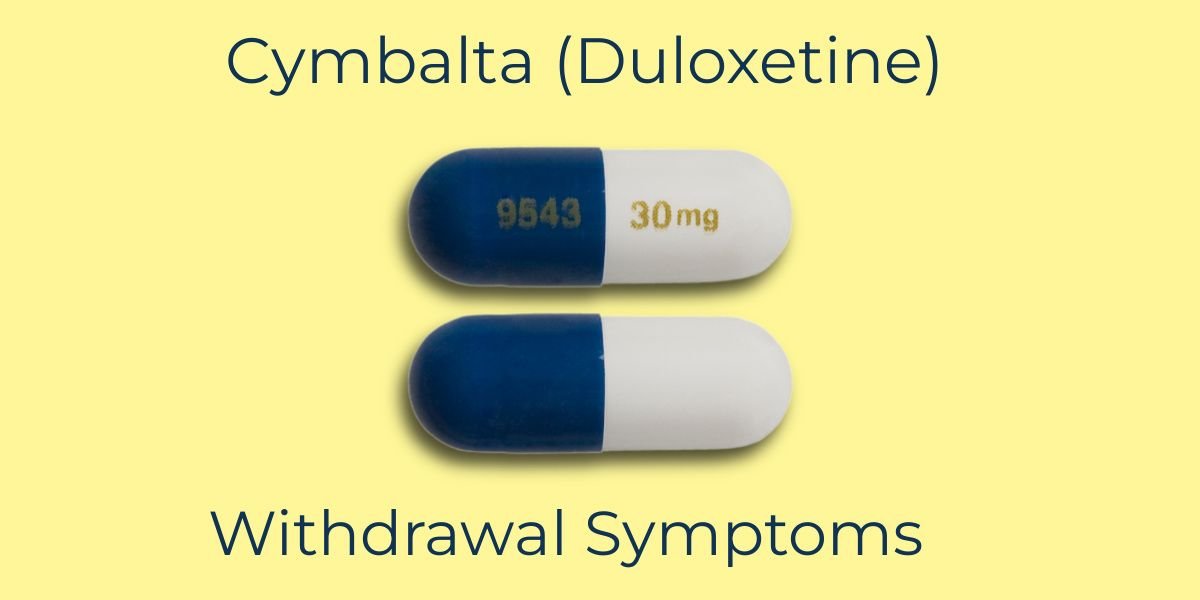Even though antidepressants don't cause people to experience a ‘high’ like other substances, some people still abuse these medications in hopes to enhance their effects. Prescription drug abuse is any misuse of medication, including taking more than prescribed, taking more often than prescribed, taking in a different method than prescribed, taking in combination with other drugs, or taking for off-label uses. The signs of antidepressant abuse can vary, but most often involve a change in mood or behavior.
- Some people abuse large amounts of antidepressants, often by crushing pills and snorting or diluting and injecting them, with the belief that doing so will cause a psychostimulant-like effect
- If a patient is taking antidepressants to treat severe depression and they are at risk of suicide, then it is imperative that they do not abuse their medication, either on its own or in conjunction with other substances
- It can be difficult to tell if someone is experiencing increased depression as a result of substance abuse or if the course of antidepressants they are on is not having the desired effect
General signs of antidepressant abuse
Antidepressants affect the neurotransmitters in the brain responsible for mood over a long period of time. Taking large amounts of antidepressants or abusing the substance does not provide any immediate euphoric effect or high, but some people increase their dose hoping to get high or at least enhance the effects of the medication.[1] Some people abuse large amounts of antidepressants, often by crushing pills and snorting or diluting and injecting them, with the belief that doing so will cause a psychostimulant-like effect. [1]
Some of the following indications of antidepressant abuse may be present:[3][4]
- Altered mood
- Secretive behavior
- Doctor shopping
- Becoming withdrawn
- Different social circles
- Altered sleep habits
- Altered appetite
- Financial difficulties
- Suicidal ideation
- Running out of medications early
- Crushing up pills
- Taking larger doses
- Taking medications with alcohol or other substances
- Serotonin syndrome
Antidepressant abuse and suicide
There have been many research trials over the past two decades aimed at assessing the effectiveness of antidepressants for treating those with higher levels of suicidality. [3] Though most of these studies have returned inconclusive results, it is commonly agreed that abusing antidepressants alongside other substances, especially CNS depressants like alcohol or opioids, can increase the likelihood of suicidal ideation.
If a patient is taking antidepressants to treat severe depression and they are at risk of suicide, then it is imperative that they do not abuse their medication, either on its own or in conjunction with other substances.
Some of the warning signs of suicidal behavior include:
- Increased substance abuse
- Feelings of worthlessness
- Putting themselves in risky situations
- Insomnia or trouble sleeping
- Increasingly negative outlook
- Giving away possessions
- Having no future plans
Getting help for loved ones
If you believe someone you care about is abusing their medication, it’s important to encourage them to get help. Sharing your concerns with them openly and asking them to consider seeking help is often all you can do, unless you have reason to believe they are a danger to themselves or others. If you do have reason to believe they are at risk of hurting themself or someone else, it is sometimes possible to have them assessed by a mental health professional by initiating an involuntary commitment petition at your local magistrate’s office.
Treatment for antidepressant abuse
It can be difficult to tell if someone is experiencing increased depression as a result of substance abuse or if the course of antidepressants they are on is not having the desired effect. Encouraging them to meet with their prescribing physician is the best course of action to help them establish a treatment protocol that effectively manages their symptoms. Because antidepressants do not cause the same euphoric effects as other addictive drugs, people who abuse them are often struggling more with untreated mental illness, rather than an addiction.
Medication is just one part of effective treatment for depression, and people who are on medications are also recommended to seek therapy or other psychosocial treatments. There are many effective treatments for depression that can help people alleviate and manage their symptoms.



